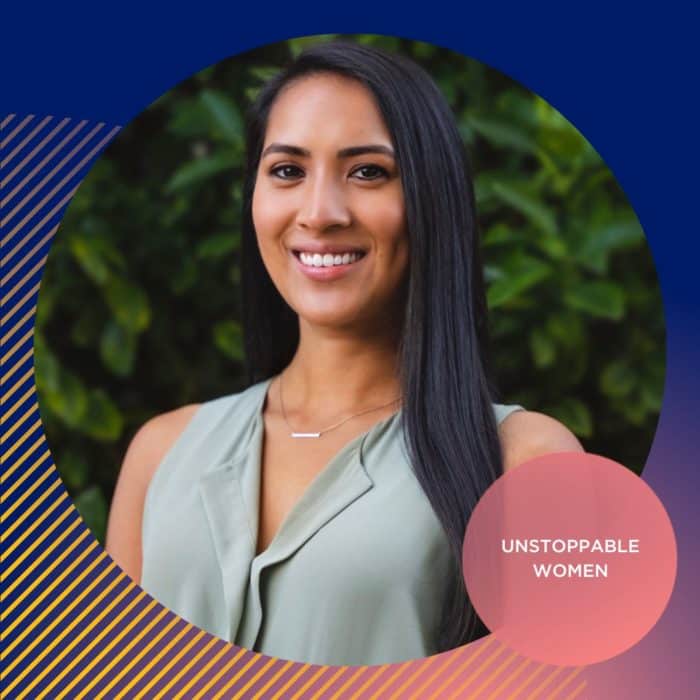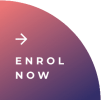1. Can you please explain your career journey to date?
I graduated from Strathcona in 2013 and moved to the Gold Coast to study a Bachelor of Biomedicine at Bond University. After 3 years, I took a year off in 2017 to work full time at a dentist while I studied for the GAMSAT to apply for post graduate medicine. I also did a lot of travelling that year, as I wanted a break before entering another 4 years of study. I was offered an interview for the Doctor of Medicine at The University of Melbourne, and shortly thereafter received an offer to commence studies in 2018. I graduated in 2021 and have since been working as a Doctor at the Austin Hospital, which is also where I completed my clinical placement as a medical student. I am staying at the Austin in 2023 to commence Basic Physician Training (BPT), which is the training program required in order to specialise in a particular field.
2. How did Strathcona prepare you for your chosen career?
Strathcona prepared me for my career in several ways. Aside from receiving supportive teaching in pre-requisite subjects required for my degree, Strathcona also provided me with necessary skills that I was able to continue developing throughout university. I was encouraged to actively participate in extracurriculars like sport and music which taught me the importance of teamwork and communication; two vital traits in my career. I also was able to take on several leadership roles throughout high school, which helped me develop my multitasking ability, delegating work and being efficient, all which are essential as a doctor.
3. What core attributes do you need for your chosen career?
One of the most important attributes required for this career is motivation. It is a long journey that requires a lot of work and effort, and a few different hurdles to jump through before graduating from university and being a qualified doctor. At times it can be overwhelming, due to the competitive nature of the industry, but it is important to remember the driving factors for choosing this career. It is also highly beneficial to have good stress management techniques, as these will pop up both personally and professionally as you navigate and figure out your work/life balance. A strong desire to learn is important, as medicine is constantly evolving and learning opportunities during university and work are continuous. Memorising textbooks will only get you so far, and it is much more helpful to develop and curate a genuine curiosity of medicine which will also help to refine your interests.
4. What advice would you give someone looking to start in your industry?
I would encourage anyone who is interested in medicine to think about what it is that you want to get out of it. Talk to people you know who are in this profession and get a feel for their individual experiences. It is helpful to look up different universities, what their entry requirements are and make a plan for yourself. I found it useful to break down each stage of the process into smaller steps, which also assisted me in goal setting. Getting involved in extracurriculars at school is always helpful, and these do not need to be medically related – it demonstrates that you have interests outside of study and are able to juggle other commitments. Have a good support network and keep in touch with your friends who pursue different careers – it is a great way to
take a break from the workload of being a doctor and talk about non-medical things.
5. What are some of the challenges women in STEM face?
Women in STEM may face additional challenges compared to others, and this is not uncommon. I regularly interact with patients who do not believe that I am the doctor, and are surprised when I tell them that I am the one looking after them. I try to use this as an opportunity for education; it is increasingly prevalent to see women in STEM careers and many people may be used to older traditions of these jobs being held by men only. Additionally, it can be difficult to be a leader in careers that are male-dominated, but it is incredibly necessary to address stereotypes and societal expectations to ensure that women have equal opportunity for success in these areas.
6. What can we do to help promote working in STEM to women?
I believe that mentorship is a great opportunity to encourage women to work in STEM industries. My interest in gastroenterology has stemmed from observing and working alongside some fantastic clinicians who were very passionate about their job and area of interest. While not all of them were female, it was inspiring to be able to see intelligent and empathetic women in the career path that I envisioned myself in. Hearing from different women working in STEM industries and how their individual experiences has shaped their careers would be highly beneficial to show students the professional opportunities available to them.


